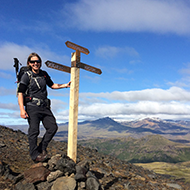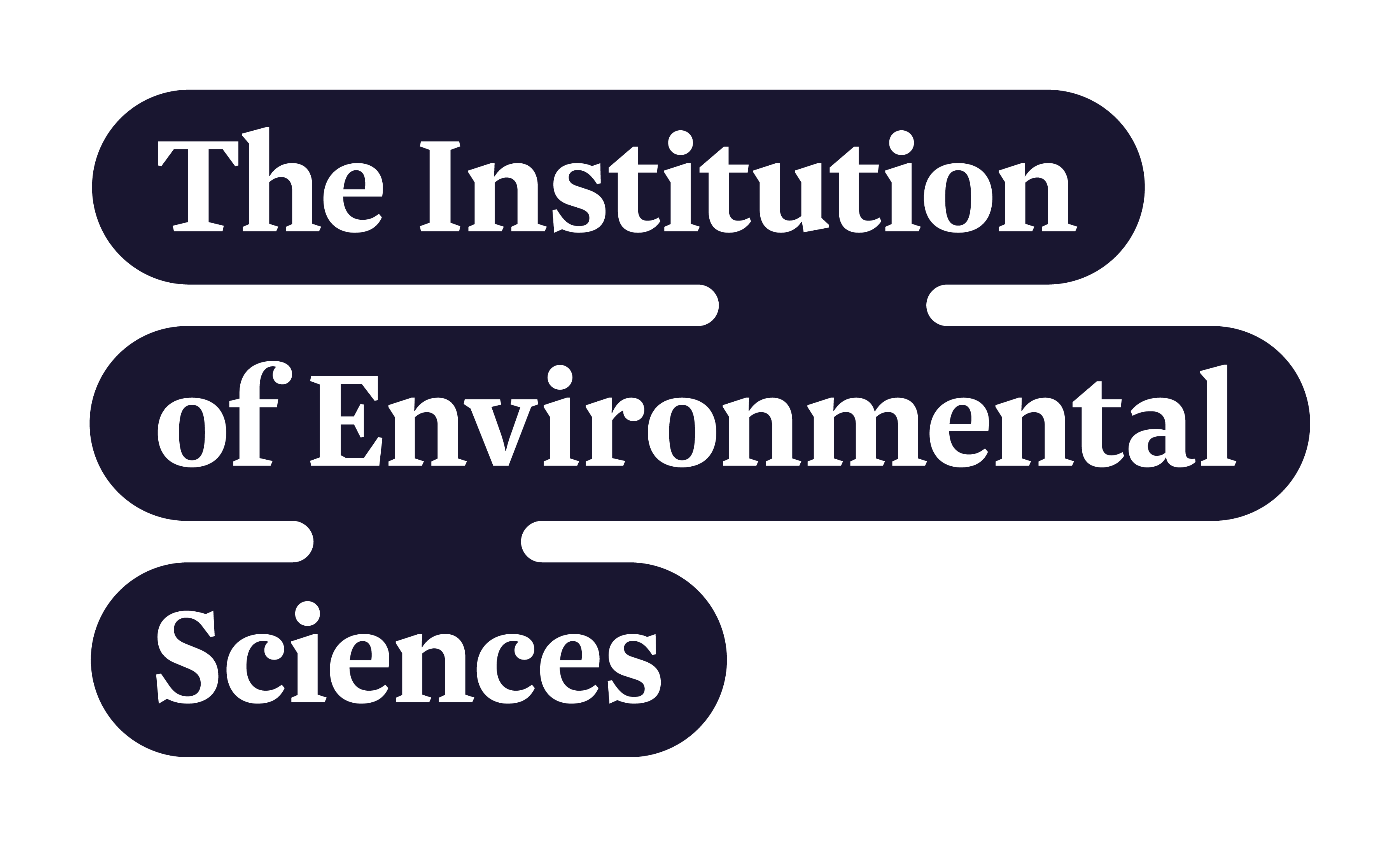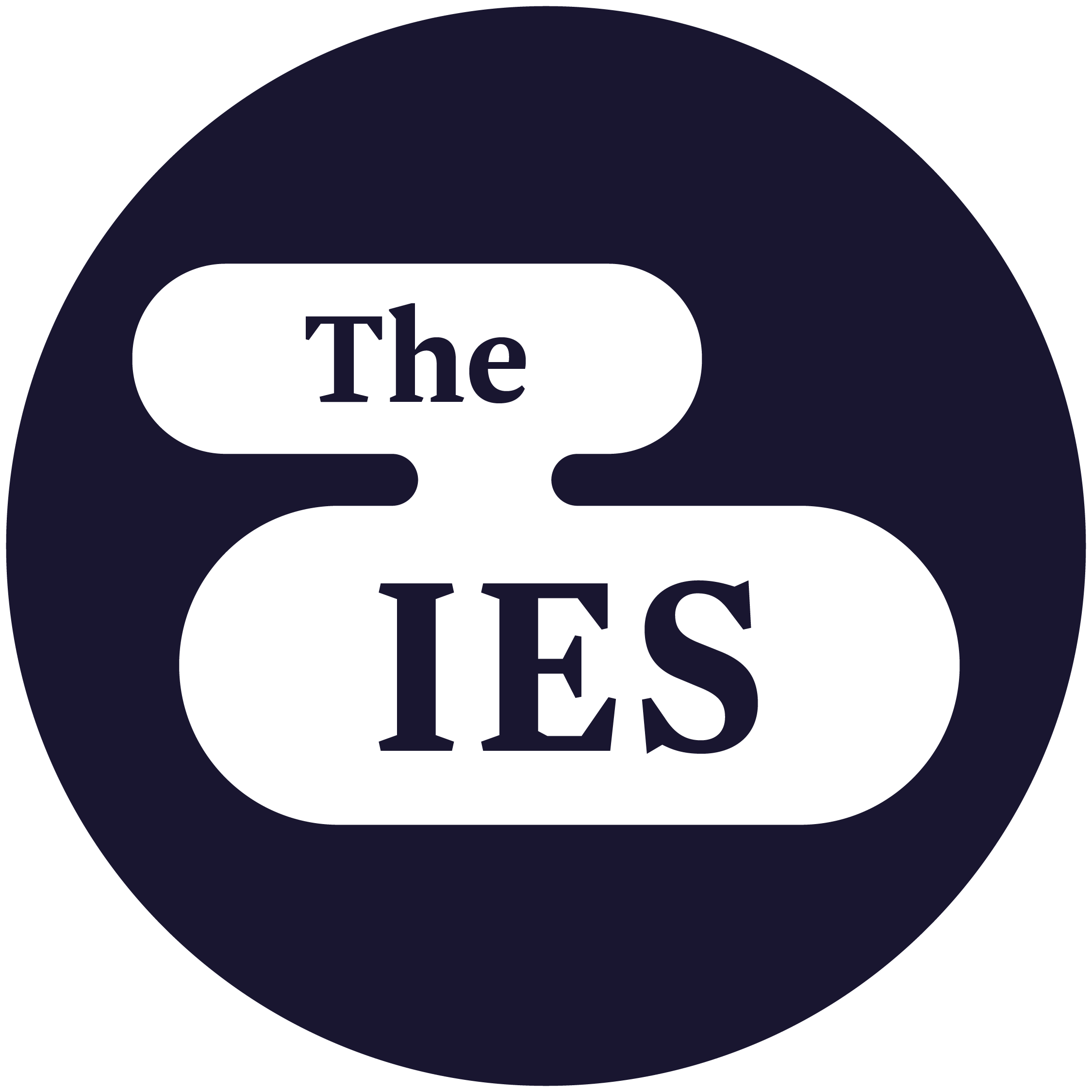COVID-19 has disrupted teaching and learning across the board, requiring a never-before-seen level of flexibility and adaptability from both practitioners and students.
This year's online CHES Forum will be a great opportunity to hear from a range of practitioners and engage in collaborative group discussions.
Speakers will present on their experiences of the pandemic, share success stories, reflect on elements that did not go to plan, and consider how these adaptations present opportunities for broader aspects of environmental science higher education. Each presentation will be followed by open discussion groups, allowing all attendees an opportunity to contribute.
Themes for discussion at the Forum include the challenges of blended learning, exploring the effects on student engagement, the impact on graduate employability and what the expectations of environmental science graduates now look like in a post-COVID world. We'll also be exploring the opportunities that blended learning has provided with increasing accessibility and arguably the sustainability of our programmes too.
The Forum will spotlight key innovations that will continue to enhance environmental science higher education after the pandemic, helping us to ensure that the past year, although challenging, has only strengthened the discipline.
View the full programme here
The Forum will be followed by the CHES AGM at 14:00. All CHES Members are welcome to attend the AGM and this information will be included with their Forum ticket confirmation.
Who should attend?
Academics & Researchers | Environmental Science Graduates | PhD Students | Non-teaching University Staff | CHES Members & Accreditation Contacts
Tickets
| CHES member |
Free |
| Standard |
£45 |

Our Speakers
Experiences of teaching during COVID-19: Presenting the survey results
Dr Alison Stokes, University of Plymouth
Alison is the Programme Lead for undergraduate environmental programmes at the University of Plymouth, as well as currently a Vice Chair of CHES and leads on our equality, diversity and inclusion work. Alison will be presenting the results of the CHES members' survey exploring how the pandemic has impacted environmental science teaching, delivery, and assessment.
|
 |
 |
|
Learning about the outdoors, indoors
Dr Naomi Holmes (pictured) & Anna Hawkins, Sheffield Hallam University
Naomi is the course leader for BSc Environmental Science and Anna is an environmental social scientist at Sheffield Hallam University. In summer 2020, with a high level of uncertainty about the year ahead, Naomi and Anna redesigned a module assessment to create a task that would encourage students to engage with both the module and their local environment. Students needed to be able to complete the assessment without leaving their home if necessary, while allowing interaction with local environments where possible.
We designed an online portfolio assessment with a range of tasks which encouraged the students to communicate in different ways, through written responses, video diaries, creative maps, and an oral screencast presentation, and to engage with non-academic and academic resources, as well as their local environment. Using a range of tasks and resources we aimed to produce a more inclusive assessment.
Feedback showed students enjoyed the assessment tasks, and we found that the provision of a broader range of activities allowed students who sometimes struggled with more traditional assessments to succeed.
|
Giving students their (anonymous) voices: encouraging engagement in online sessions
Dr Naomi Holmes & Anna Hawkins (pictured), Sheffield Hallam University
COVID-19 has changed our module delivery. Delivery now consists of pre-recorded, independent, and online-live learning activities, along with outdoor site visits (when allowed). It was important to try to create a sense of inclusion for students during the online-live sessions, a space where they could feel part of a (albeit remote) learning community, with their ‘voices’ heard.
It is often the case that students are not confident to express their views in a group situation, and having tried, relatively unsuccessfully, to use breakout rooms for activities and discussion online, Naomi and Anna realised a new tactic was needed.
Following research into free online tools for teaching and learning, they selected a few that allowed students to engage anonymously and found more students contributed to the sessions than usually would. Student feedback is positive and the plan is to integrate these methods into future teaching – whatever that looks like.
|
 |
 |
|
Adapting carbon literacy for online delivery
Dr Rachel Dunk, Manchester Metropolitan University
Rachel is a Principal Lecturer in Environmental Management and Sustainable Development at Manchester Metropolitan University. She will be presenting her experience developing the Carbon Literacy for Staff and Students model for online delivery and its subsequent national impact. The University and College Carbon Literacy Toolkit has now been shared with all UK universities, helping staff and students to become Carbon Literate.
Rachel's presentation will provide a brief introduction to the Universities and Colleges toolkit, including the outcomes and benefits for participants.
|
|
Accessibility
We aim to provide events, conferences and workshops which are accessible to all. If you anticipate needing any type of assistance to fully participate in this event, please email Rhiannon Humphreys at rhiannon@the-ies.org or call +44 (0)20 3862 7484 to discuss this further.







